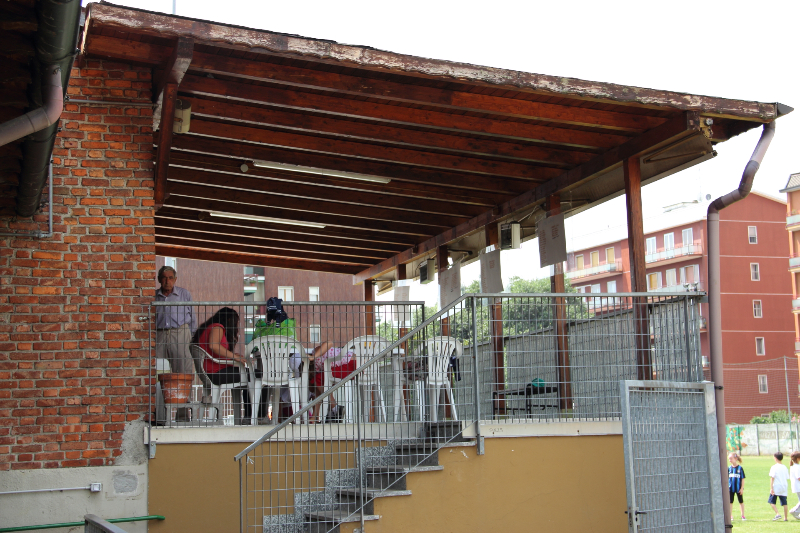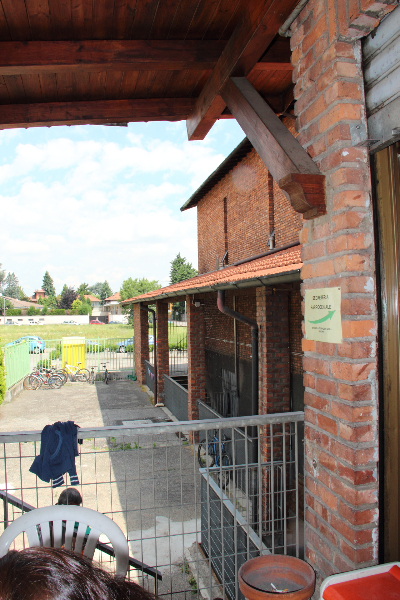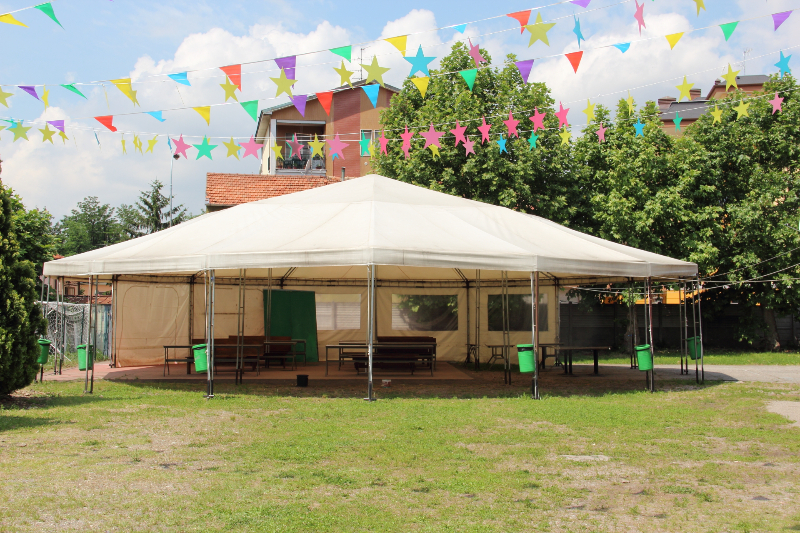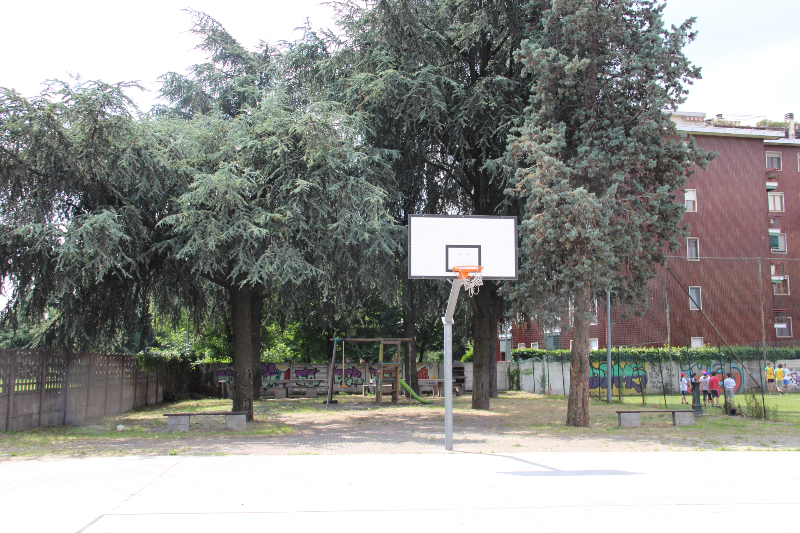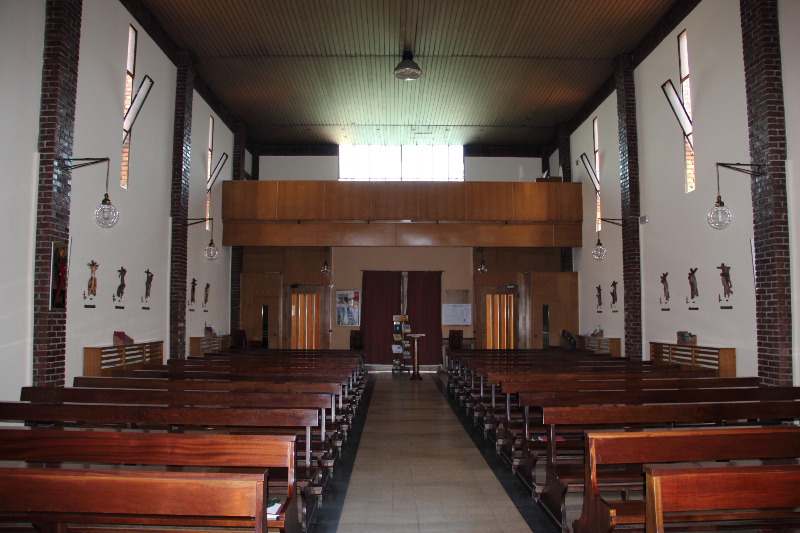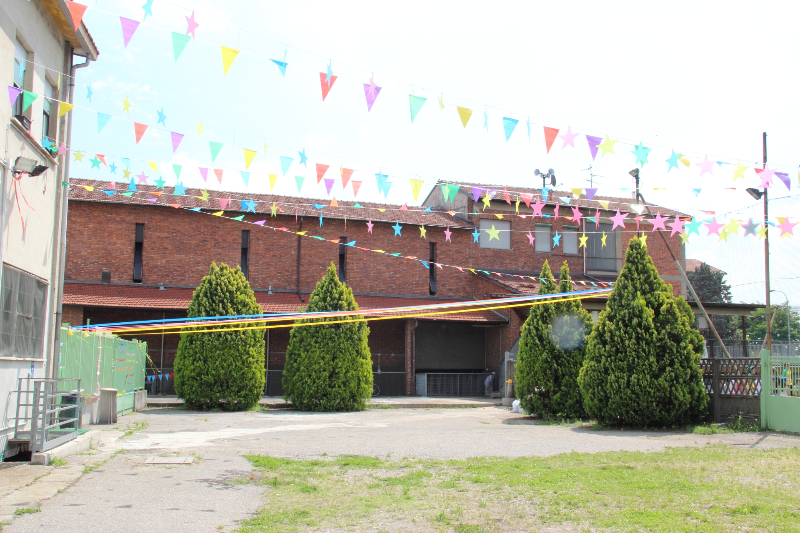Understanding Gambling Addiction and Its Effects in Bangladesh 8

Understanding Gambling Addiction and Its Effects in Bangladesh
Gambling has become an increasingly prevalent issue around the world, and Bangladesh is no exception. The rise of online gaming platforms and betting options has introduced more youths to the risks associated with gambling. Understanding gambling addiction and its effects in Bangladesh is crucial for addressing this emerging public health crisis. Understanding Gambling Addiction and Its Effects in Bangladesh Satbet India will be analyzed in the context of this discussion, as it represents a growing trend in the online gambling landscape.
What is Gambling Addiction?
Gambling addiction, often referred to as compulsive gambling or ludomania, is a behavioral addiction characterized by an uncontrollable urge to gamble despite the potential negative consequences. Unlike casual gambling, which can be managed and controlled, gambling addiction leads to significant impairments in personal, familial, and occupational functioning. Individuals with this addiction often experience mental health issues, debt, and strained relationships.
The Landscape of Gambling in Bangladesh
In Bangladesh, gambling is illegal under the Public Gambling Act of 1867. However, the popularity of online gambling and betting platforms has surged in recent years. Numerous unregulated websites and applications have emerged, making it easier for people to access gambling from the comfort of their homes. This increase in availability is particularly troubling given the lack of robust oversight and regulation.
Causes of Gambling Addiction
The reasons behind gambling addiction in Bangladesh are multifaceted and can be attributed to various social, economic, and psychological factors. Some of the key causes include:

- Cultural Influences: In some parts of Bangladesh, gambling is ingrained in traditional celebrations and rituals, making it socially acceptable in certain contexts.
- Economic Strain: With a significant portion of the population facing financial hardships, individuals may resort to gambling as a perceived quick solution to their problems.
- Peer Pressure: The influence of friends and social circles can entice individuals to engage in gambling activities, normalizing behavior that might otherwise be avoided.
- Accessibility of Online Platforms: The rise of mobile technology and the internet has made gambling more accessible, particularly to young people.
- Mental Health Issues: Individuals suffering from depression, anxiety, or other mental health concerns might use gambling as a coping mechanism.
Effects of Gambling Addiction
The impact of gambling addiction extends beyond the individual to families and society as a whole. Some of the significant effects include:
- Financial Consequences: Individuals may incur massive debts, leading to economic instability for themselves and their families.
- Mental Health Challenges: Depression, anxiety, and suicidal thoughts can arise due to the pressures and shame associated with gambling addiction.
- Strained Relationships: Trust issues and conflict can develop between individuals and their loved ones, often leading to marital breakdowns and familial estrangement.
- Crime Rates: The need to finance gambling habits may push individuals towards illegal activities, such as theft or fraud, further straining societal resources.
- Public Health Concerns: As gambling addiction grows, so does the need for societal interventions and health resources to address the issue.
Addressing Gambling Addiction in Bangladesh
To successfully combat gambling addiction in Bangladesh, a multifaceted approach is necessary, including:
- Public Awareness Campaigns: Increasing awareness about the dangers of gambling addiction and promoting responsible gambling can help change societal attitudes.
- Legislation and Regulation: Strengthening laws around online gambling and establishing a legal framework for regulating gambling activities can mitigate risks.
- Support Services: Providing counseling and support services for individuals struggling with gambling addiction can foster recovery and healing.
- Community Programs: Developing community outreach programs can offer safe spaces for those affected to share their experiences and seek help.
- Collaboration with NGOs: Partnering with non-government organizations that specialize in addiction recovery can enhance the effectiveness of interventions.
Conclusion
Gambling addiction is a pressing issue in Bangladesh, compounded by cultural acceptance and the rising accessibility of online platforms. Recognizing the pervasive nature of this addiction and its detrimental effects is the first step toward tackling the problem. By cultivating awareness and advocating for appropriate measures, society can work collectively to address gambling addiction’s challenges and create a healthier future for all.




